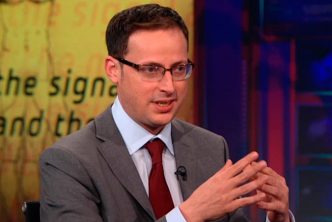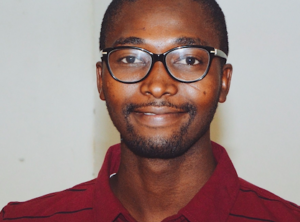Living creatures must navigate their environments in search of food, reproductive opportunities, and better habitats, and they use many stimuli in order to do so. After centuries of skepticism, biologists in the 1960s convincingly demonstrated that the Earth’s weak, omnipresent magnetic field was also detectable by animals trying to orient themselves in space, a sense dubbed magnetoreception. Long enchanted with animal migration, University of Manchester biologist Robin Baker asked a fateful question: Why not humans? From 1976 to the late 1980s, Baker amassed evidence that he claimed as proof that humans had a magnetic homing sense. When Baker’s experimental subjects were blindfolded and displaced in a variety of settings, they could orient better than chance toward their original location or along assigned compass directions. Subjects wearing magnets on their heads, however, could not. Problematically for Baker, his peers were largely unable to replicate his results, leading to a passionate academic debate that lasted throughout the 1980s. His critics lambasted him over issues of experimental design, unconscious bias, and statistical false positives, while Baker accused his critics of misrepresenting their own data. Having exhausted his interest in the field-and undoubtedly weary of the challenges to his work-Baker stopped studying magnetoreception in the late 1980s, though he stands by his claims to this day. No researcher since has taken up the question of human magnetoreception with similar commitment, and Baker’s results have remained controversial and largely unaccepted by the larger scientific community. Baker’s case illustrates the necessity of reproducibility in science and underscores science’s messy realities, a point similarly shown by controversial incidences of “pathological science,” including Blondlot’s discovery of N-rays, Weber’s detection of gravitational waves, and Fleischmann and Pons’ announcement of cold fusion. Baker’s pursuit of the human magnetic sense also provides insight into the importance-and potentially self-deceiving dangers-of passion as a motivating force for scientists.
There and Back Again?: Reproducibility and the Hunt for a Human Compass Sense

How biologist Robin Baker’s search for a human magnetic homing sense illustrates the necessity of reproducibility in science and underscores science’s messy realities.




